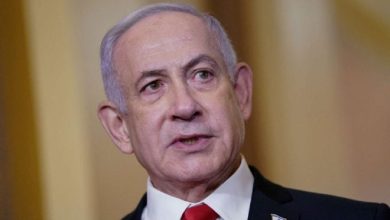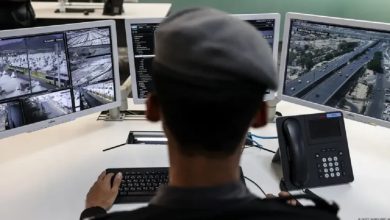Israel Violates Agreement by Occupying Philadelphi Corridor and Rejecting Second Phase, Threatens War
Netanyahu’s Government Delays Second-Phase Negotiations, Insists on Holding Strategic Corridor, and Threatens Renewed War.
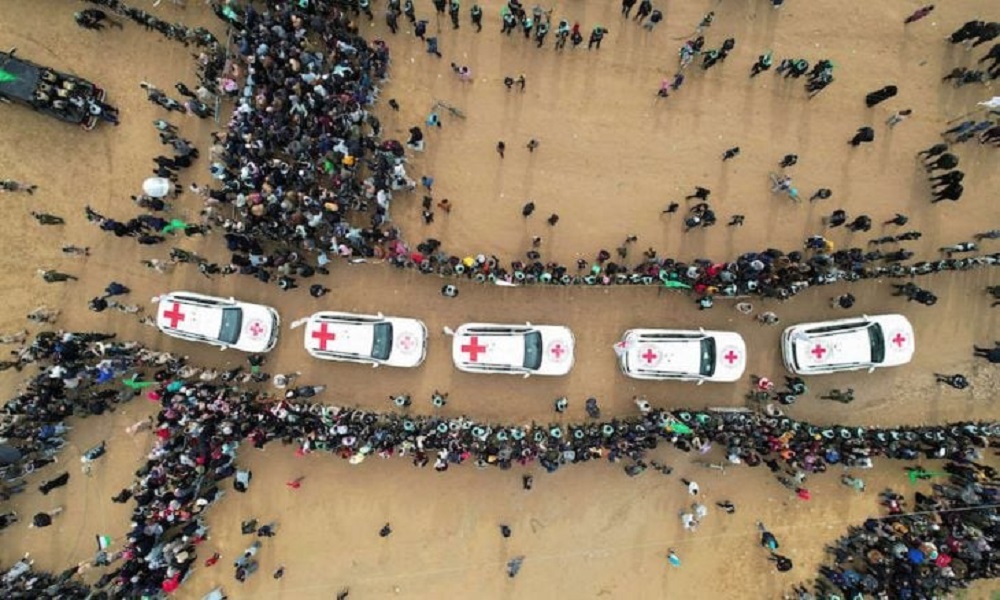
Watan-Amid a clear violation of the agreement—marked by Israel’s refusal to resume the second round of deal negotiations and its rejection of withdrawal from the Salah al-Din Axis—the Israeli Prime Minister’s Office announced that a negotiating delegation would depart for Cairo within hours to finalize and extend the first phase of the agreement.
According to Israel 24, the delegation will be led by Gal Hirsch, the coordinator for missing persons in the Prime Minister’s Office, and a former deputy head of the Shin Bet (M). Meanwhile, Energy Minister Eli Cohen (Likud) told Israeli public radio that Israel’s demand to remain in the Salah al-Din (Philadelphi) Corridor is a security necessity, outlining four conditions for withdrawal: removing Hamas from power, disarming the group, securing the release of hostages, and ensuring Israeli security control.
Cohen echoed statements by other Israeli officials regarding Syria, saying, “Israel will remain in the Syrian Golan for a long time.” Defense Minister Israel Katz followed suit, declaring that the Philadelphi Corridor would remain a buffer zone, similar to southern Lebanon and Syria. He stated, “We will stay in a ‘buffer zone’ in southern Lebanon indefinitely, and we have U.S. approval for this.”
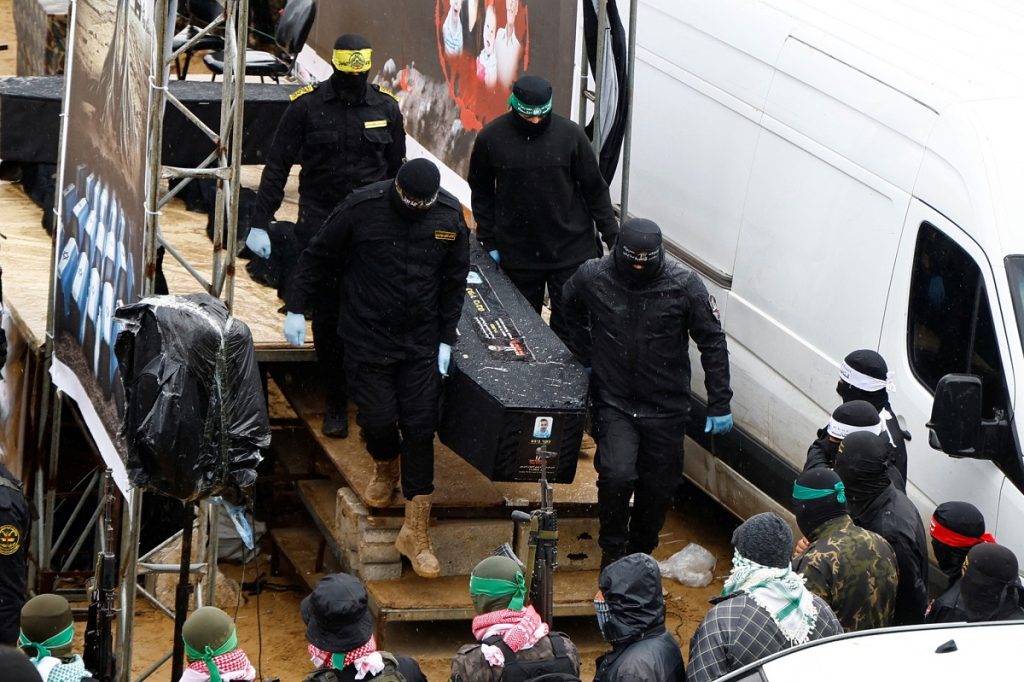
Israeli Occupation’s Continued Military Presence and Escalation Threats
Katz elaborated, “Our policy is to remain on Mount Hermon and military points in southern Syria indefinitely, just as settlements in Judea and Samaria protect most of Israel’s population.”
In an attempt to justify continued aggression, Katz claimed—without providing evidence—that “files were found indicating that Hamas planned attacks on West Bank settlements before October 7.”
Katz also confirmed his controversial plans, despite internal Israeli warnings about potential war crimes, stating: “I am working swiftly to establish a voluntary migration administration to allow those who want to leave Gaza to do so via Ashdod Port and Ramon Airport.”

Threats of War and Hostage Negotiations
Katz intensified Israel’s threats of renewed war, declaring, “The best way to bring back the hostages is for Hamas to know that the Israeli army is prepared to return to war. This is the reality.” He added, “Hamas will no longer control Gaza—neither politically nor militarily—because it will not be able to.”
Meanwhile, Israel’s Channel 12 reported that Israel informed the U.S. that a ceasefire and humanitarian aid for Gaza would only continue in exchange for hostage releases. Israel also aims to extend the first phase of the deal, while U.S. envoy Steve Witkoff seeks more time to reach a regional arrangement, hoping to avoid a renewed war.
The Hebrew news site Walla noted that Israel’s public stance of refusing to withdraw from the Salah al-Din Axis is intended to pressure Hamas, effectively serving as a veiled ultimatum.
Walla reported that Hamas must decide between:
- A second phase of negotiations with a full Israeli withdrawal under Israeli conditions,
- Extending the first phase during Ramadan, or
- Resuming war with stronger U.S. backing.
However, the report also suggested that Israel’s refusal to withdraw does not necessarily mean an immediate return to war, as the agreement states that the ceasefire remains in effect as long as negotiations continue—giving the U.S. more time to find a compromise.

New Bargaining Leverage and Public Opinion in Israel
According to Walla, both sides must now return to negotiations, and Israel is aware that Hamas will demand new terms for the exchange process. Israel is reportedly considering “staggered pulses” of hostage releases, including four Israeli men and additional wounded and sick individuals.
The report suggested that three to four staggered releases could extend the deal by another month, coinciding with Ramadan, a period of heightened tensions.
Meanwhile, opposition leader Benny Gantz stated that extending the first phase is based on immediate political interests, arguing that Israel’s priority should be to secure the release of as many hostages as possible in a single exchange. He warned that prolonging negotiations strengthens Hamas.
Similarly, opposition leader Yair Lapid stressed, “We must continue the deal to rescue the remaining hostages. We cannot leave them to die in Gaza.”
Biden’s Subtle Message to Netanyahu
When asked about the return of Israeli bodies on Wednesday night, U.S. President Joe Biden responded, “It’s tragic to see young people dying.” He then hinted at the U.S. administration’s stance, stating, “The first phase is over. Now it’s up to Israel and Netanyahu to decide on the second phase.”
Biden reaffirmed that the hostages are still alive and that Israel’s top national priority must be to bring them home safely.
Israeli Analysts: Public Opinion May Prevent Further War
In an article titled “An Unfinished Celebration,” Haaretz military analyst Amos Harel noted that Israeli public support for hostage releases is growing, even at the cost of major concessions. However, he cautioned that this does not guarantee a second phase of the deal.
Harel explained that some security officials believe further hostage releases are possible through staggered exchanges, but doubt the deal will be fully completed.
He pointed out that Hamas remains committed to a full Israeli withdrawal, viewing the hostages as both bargaining chips and protection. Meanwhile, Netanyahu faces pressure from coalition partners to resume war quickly and is unlikely to be deterred by Trump’s influence.
However, Harel suggested that if Israeli citizens take to the streets, they could block the war’s resumption, as renewed fighting would endanger hostages and lead to heavy soldier casualties.
He also noted that the new Israeli army chief has drafted plans for a second Gaza war aimed at securing better terms for Israel. However, such a war would likely kill hostages and many Israeli soldiers, making it difficult for Netanyahu to justify politically.
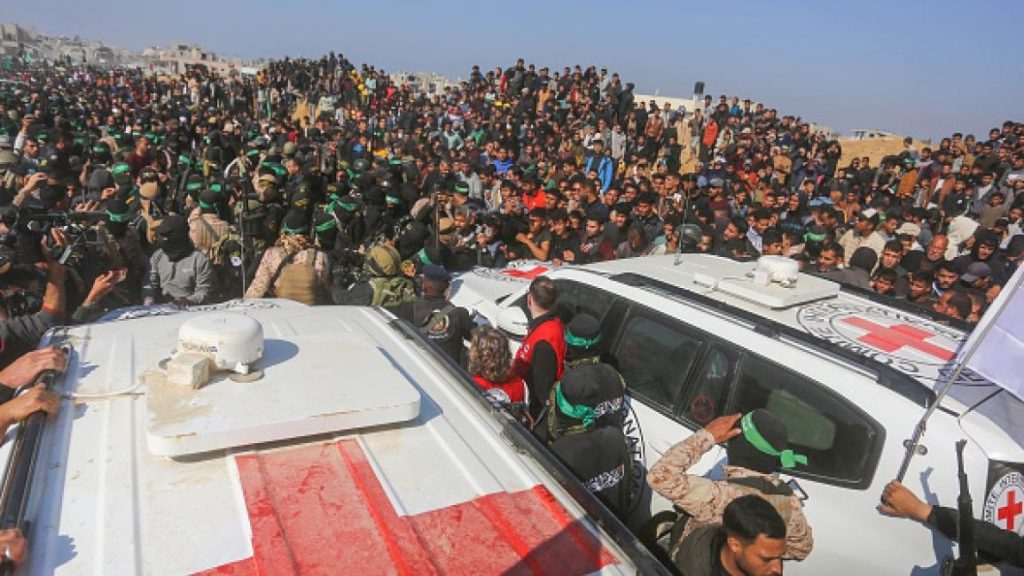
Legal and Ethical Concerns Over Netanyahu’s Strategy
Former Israeli Attorney General Elyakim Rubinstein, writing in Yedioth Ahronoth, emphasized that Israel “must not rest until all hostages—both the living and the dead—are recovered.”




